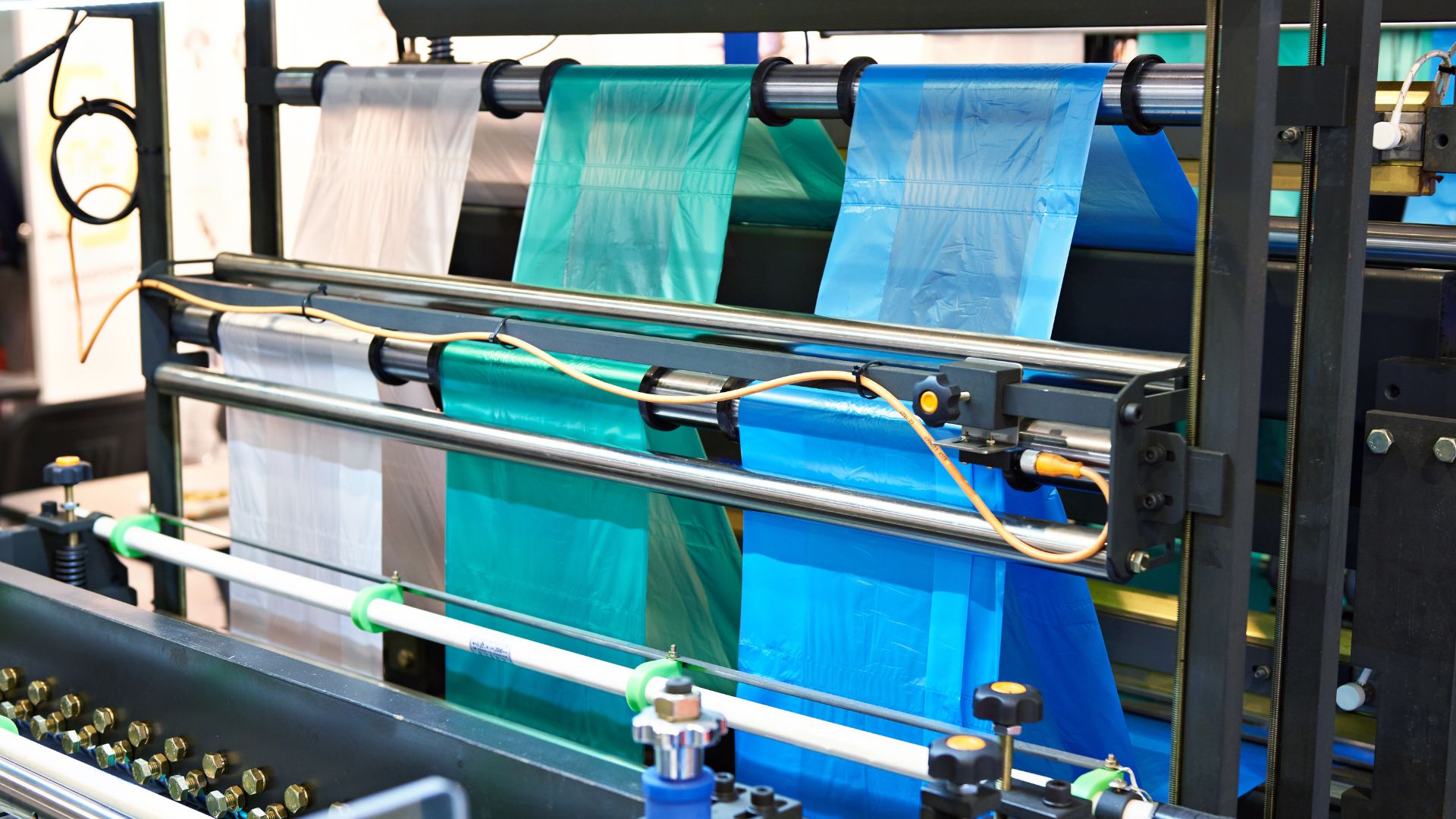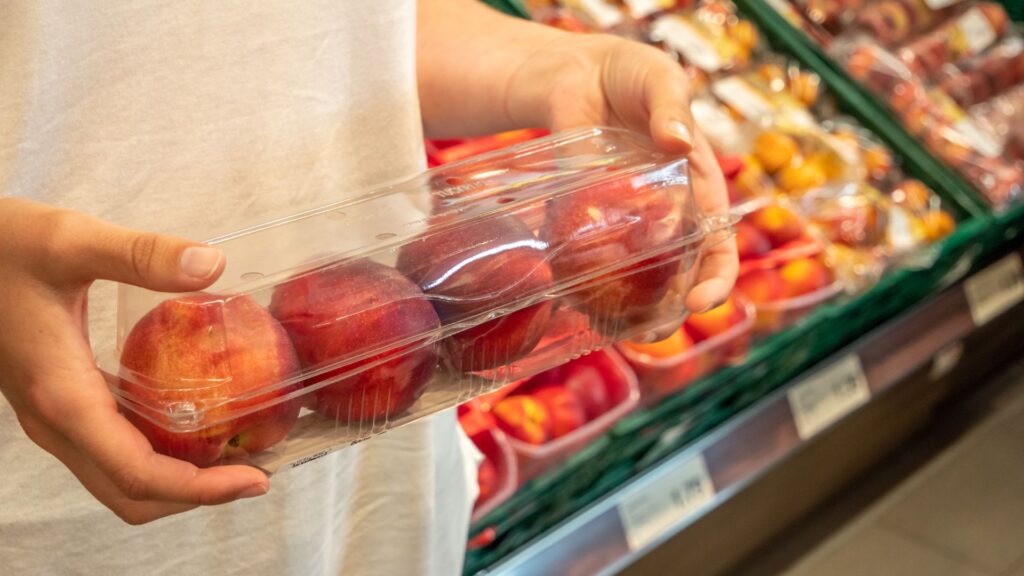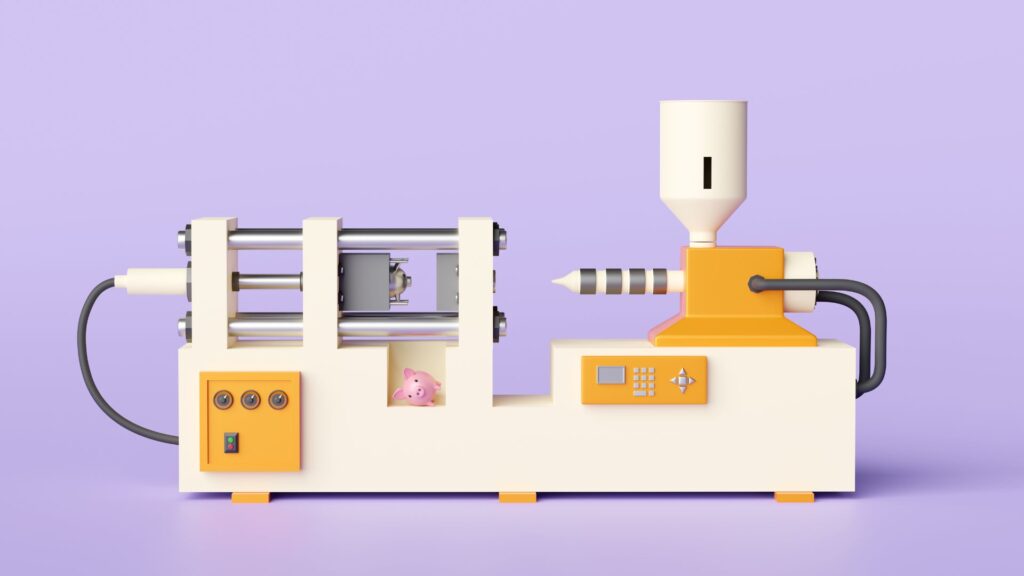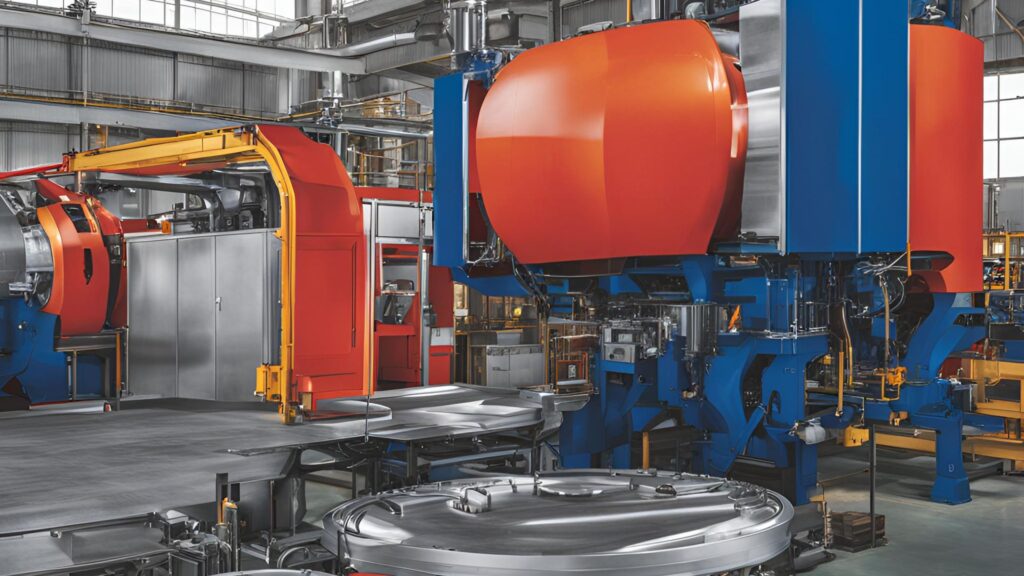Critical Partners in the Plastic Industry
Plastic processors and converters play a critical role in the plastic industry. These companies are responsible for taking raw plastic resin and transforming it into finished products, such as plastic bottles, bags, and containers. This process involves a series of steps, each of which is essential to the production of high-quality plastic products. In this article, we’ll look at the plastic conversion process, including the various steps involved and the equipment used.
Step 1: Material Selection
The first step in the plastic conversion process is material selection. Plastic processors and converters must carefully select the correct type of plastic resin for the product they want to create. The resin is chosen based on its physical properties, ability to be molded or extruded, and cost.
Step 2: Preparing the Resin
Once the appropriate resin selected, the next step is to prepare it for processing. This selection process involves melting the resin and mixing it with any required additives or colorants. The resin is melted using an extruder, a machine that heats it to its melting point and then pushes it through a die to create the desired shape.
Step 3: Forming the Plastic
After the resin is prepared, the next step is to form it into the desired shape. To complete the preparation step, one chooses from various methods, including injection molding, blow molding, and thermoforming. Injection molding involves injecting the melted resin into a mold, and blow molding involves blowing air into a hollow tube of melted resin to create a bottle or container. Thermoforming involves heating the resin until it becomes pliable and pressing it into a mold.
Step 4: Cooling and Finishing
Once the plastic is formed into the desired shape, it must be cooled and finished. This cooling step utilizes a cooling system to rapidly cool the plastic and solidify it in its new shape. Once the plastic is cool, it is trimmed, sanded, or polished to remove any imperfections or excess material.
Step 5: Quality Control
Finally, the finished product must undergo rigorous quality control testing to meet the required specifications. The finishing steps include checking the product for defects such as warping, cracking, or unevenness. Quality control is essential to ensuring that the finished product meets the high standards of the plastic industry.
Equipment Used in Plastic Conversion
The process of plastic conversion requires specialized equipment, including extruders, injection molding machines, blow molding machines, and thermoforming machines. These machines melt, mold, and shape plastic resin into the desired shape. Additionally, plastic processors and converters may use other equipment, such as cooling systems, trimming machines, and quality control testing equipment, to ensure that the finished product is of the highest quality.
Expertise and Precision
The process of plastic conversion is complex and requires a high level of expertise and precision. Plastic processors and converters play a critical role in the plastic industry by transforming raw plastic resin into finished products used in various applications. By carefully selecting the proper resin, preparing it for processing, forming it into the desired shape, cooling and finishing it, and conducting rigorous quality control testing, plastic processors and converters ensure that their products meet the industry’s high standards.







